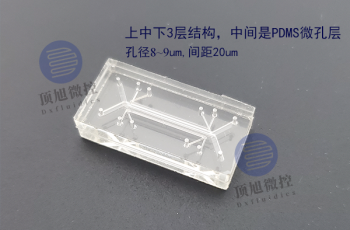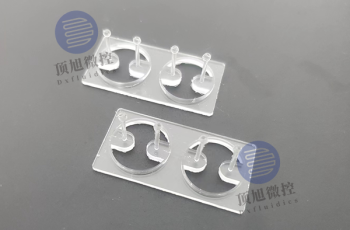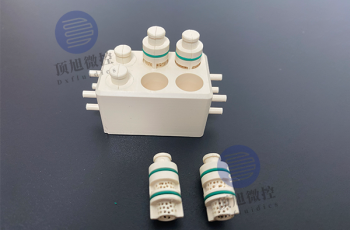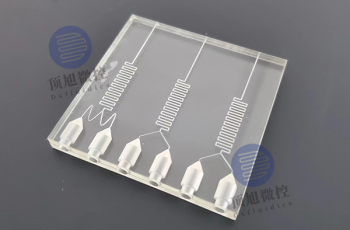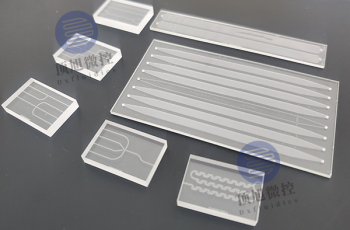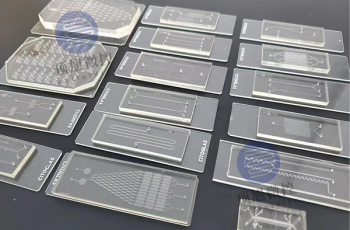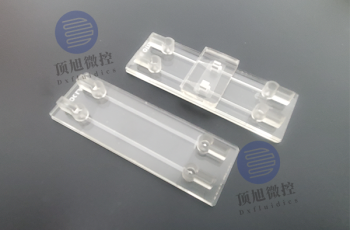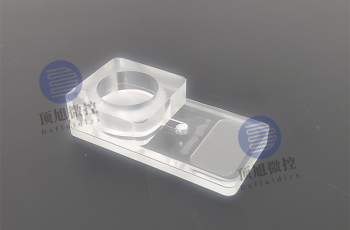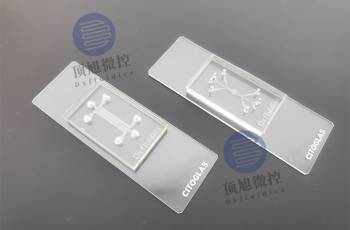Lung chip/Lung on a chip
The microfluidic lung chip/lung on a chip is a miniature experimental platform designed and manufactured based on microfluidics technology to simulate the structure and function of the lungs. It consists of a series of microchannels, chambers, and cell culture membranes, creating a micro-organ that can replicate physiological and pathological processes such as respiratory movements, oxygen and carbon dioxide exchange, and immune responses in the lungs. By introducing different types of cells, viruses, bacteria, and drugs into the chip, it is possible to simulate lung diseases and conduct drug screening.
More